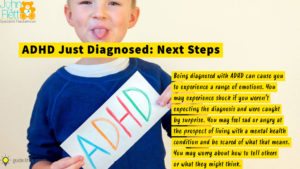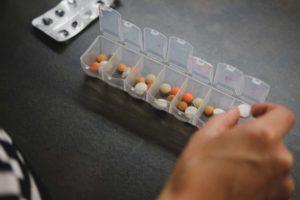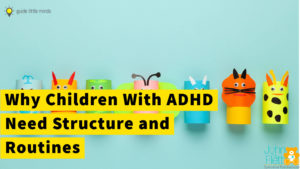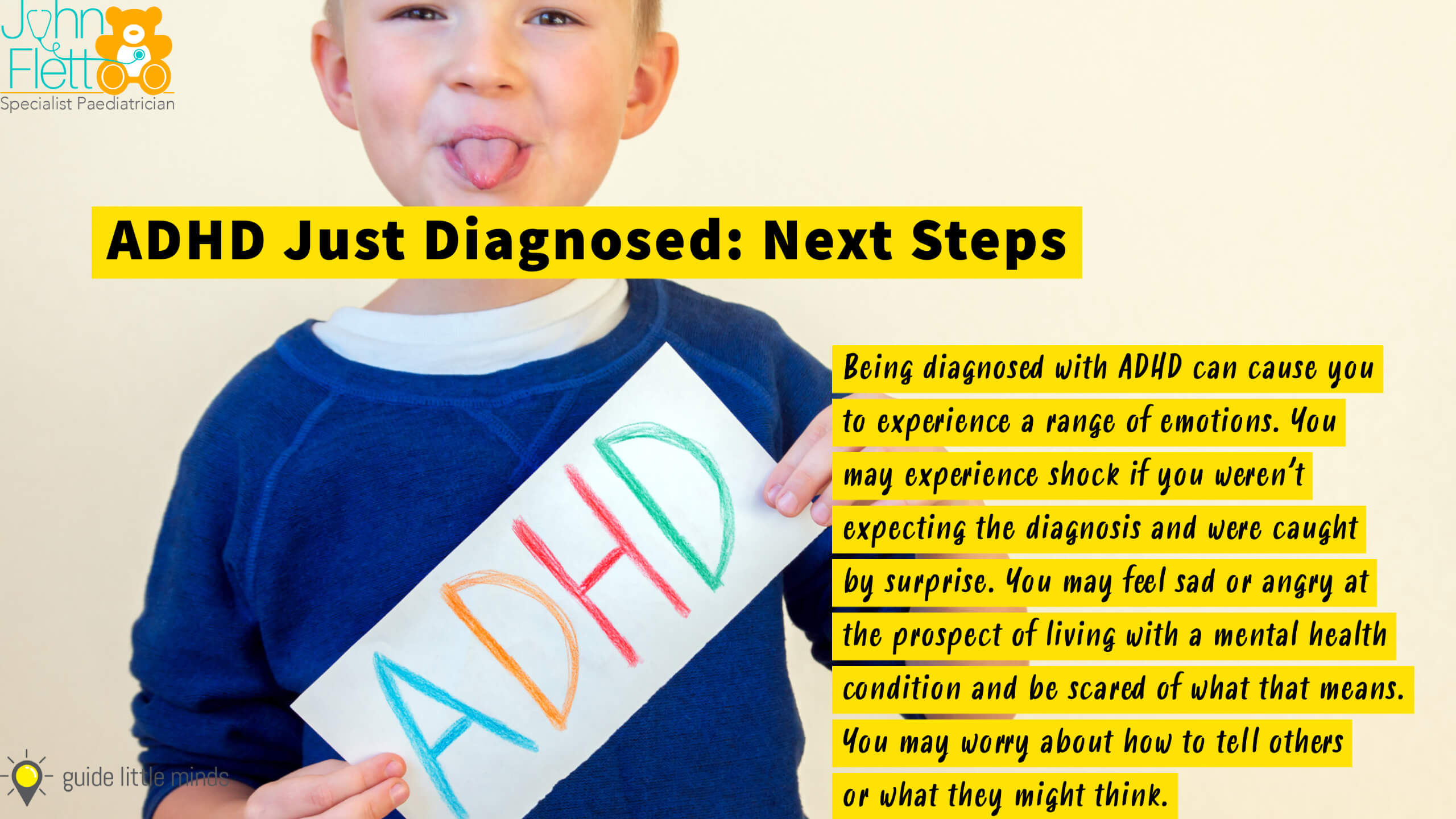Has your child just been diagnosed with ADHD? Parents often have a range of emotions upon hearing the diagnosis. When your child is first diagnosed with ADHD, After the initial emotions of a new diagnosis of ADHD begin to subside, there is much information to learn and treatment decisions. This is in addition to working with the school to provide accommodations. On the other hand, you may also experience relief since there’s finally an explanation for all the difficulties you’ve been facing. The symptoms of ADHD can cause difficulties with work or school, everyday life at home, and relationships.4 As a result, you may have often felt frustrated with others, felt guilty about your actions or felt ashamed. Others may have perceived you as lazy, incompetent, rude, or unreliable. Having an explanation for your struggles can be validating. If you have been diagnosed with ADHD as a teenager or adult, you may regret not being diagnosed earlier. You may wonder how the condition has affected your personal and professional life in the past and the treatment and support you could have benefited from if you had discovered it earlier.
These are some steps that can help you cope with the diagnosis:
- Give yourself time to process it: Being diagnosed with a mental health condition can leave you shaken. You may feel like you’re on an emotional rollercoaster—one moment, you may feel acceptance, and the next, you may feel angry or anxious. Take the time you need to process your emotions.
- Learn about the condition: Educating yourself about ADHD can help you understand what you’re experiencing. It can also help you understand what to expect in the future. It can be helpful to explore educational resources and ask your healthcare provider any questions you have.
- Seek social support: Confide in your loved ones and share your feelings. Their support can be a source of comfort and help you cope. Let them know how they can help you.
- Face the diagnosis: You may wish you had never received the diagnosis or find it easier to pretend it didn’t happen. However, it’s essential to face the diagnosis and take steps to manage and treat your condition.





Responses